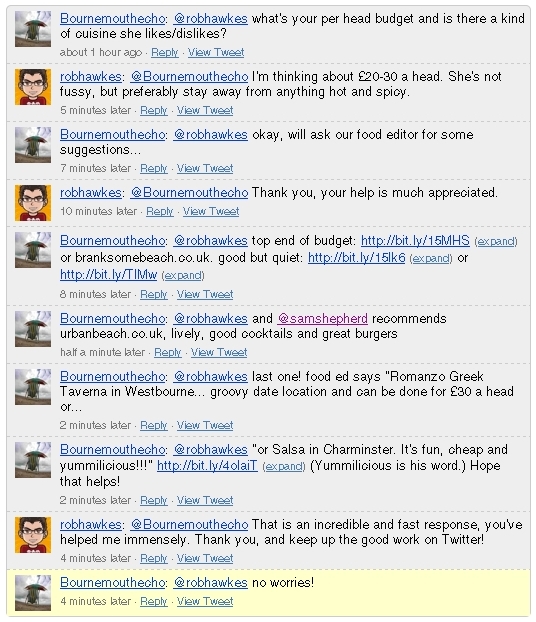First thing: I check Facebook twice a day: probably I spend half an hour a day on the site. Every day I see at least one advert that makes me think – oh, I want/need/like the look of one of those.
But I’ve NEVER clicked one. Why? I don’t trust their integrity. They run alongside the ubiquitous take this pill to be thin and 1 tip of a flat belly adverts, and I have no confidence that the link I’m about to click will take me somewhere sound. I wouldn’t trust these advertisers with my money.
Second thing: Here’s an advertising policy from an American blog, describing how they choose (yes, choose) their advertisers and sponsors.
First, they need to have been recommended by a reader, client or industry professional. We don’t simply look for a referral but rather for a passionate reason as to why a particular vendor deserves to be in the book. Whatever the connection, it must be strong and based on a real knowledge of the vendor’s work.
Second, we dive head first into the vendor’s business. Their portfolio, their experience, their time in the industry. We look at press that they’ve received, we chat with their industry neighbors, we get to know who they are and why they are good at what they do.
We spend time…. getting to know them, figuring out if they are honest, have a high level of integrity and are truly devoted to their craft. For highly competitive industries, like photography, we also have vetting teams. An unbiased group of vendors who can fairly, objectively, and accurately evaluate other’s work.
If you have had a negative experience with any of the vendors listed, please let us know as soon as possible. Your name will remain anonymous and we will take your issues very seriously. If we find that indeed the vendor has violated what we believe to be good, honest work ethics, they will be removed from the site immediately and any advertising dollars will be refunded.
That’s a pretty firm commitment – but one that I’d say increases the chances of readers clicking those ads dramatically.
People talk a lot about curating in journalism, a new attitude to news gathering and distributing, being a place readers trusts to sift through the web and find them the solid gold good stuff.
So what if you applied that logic to advertising?
What if your food pages had a similar list of producers that your knowledgeable food writers had checked out? Or even restaurants or coffee shops? What if your leisure pages had a similar list of hotels? What if your online readers knew that they wouldn’t see fat-busting ads but instead the logos of reputable local trainers?
Just a thought….
